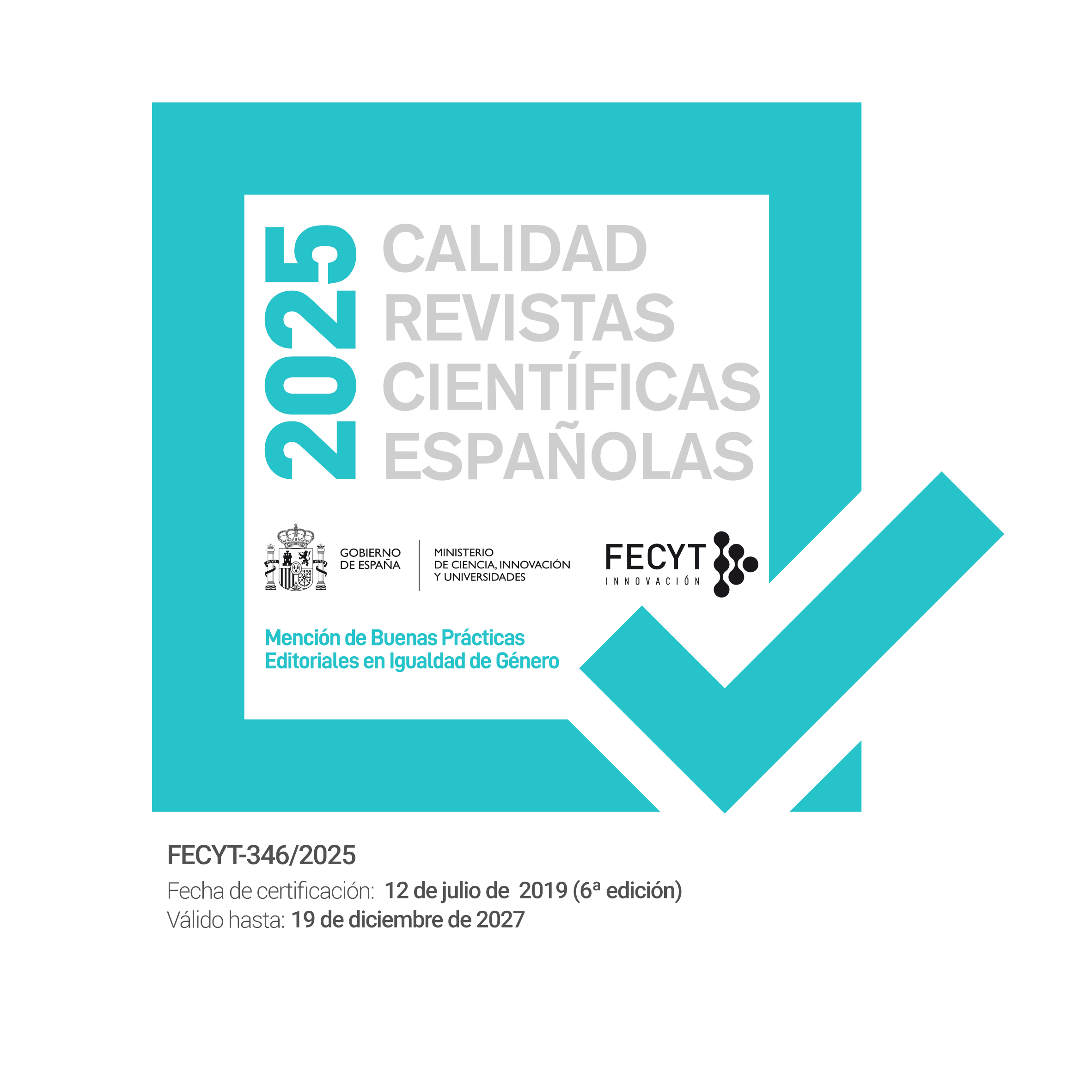Economic crisis and pauperization in the metropolitan region of Barcelona: a demo-space approach using data from Càritas (2005-2013)
Keywords:
crisis cconómica, pobreza, Cáritas, región metropolitana de BarcelonaAbstract
The years following the outbreak of the economic crisis (2008) were marked by an intense increase in poverty, exacerbated in turn by the retreat of the mechanisms of containment of the state in a context of application of the so-called "structural adjustment measures", one of whose main effects is the generation of redundant population. The seriousness of the situation contrasts with the scarce production of territorially disaggregated statistical series produced by official organisms that allow the scientific community to weigh its impact at the infra-municipal level. In this paper, we evaluate the demo-spatial expression of the crisis over the Metropolitan Region of Barcelona using data from Càritas assigned to the Centre d'Estudis Demogràfics. The methodology used combines the descriptive analysis, the geo-codification of the information provided by Càritas and the computation of indexes of spatial concentration. The results show the pauperization of population groups that were previously at a disadvantage, their extension to other groups (either according to age or place of birth) and, finally, a double movement of territorial difussion and concentration of poverty.
Downloads
Downloads
Published
How to Cite
Issue
Section
License
Los autores/as conservan los derechos de autor y ceden a la revista el derecho de la primera publicación, con el trabajo registrado con la licencia de atribución de Creative Commons Reconocimiento-NoComercial (CC-BY 4.0), que permite a terceros utilizar lo publicado siempre que mencionen la autoría del trabajo y a la primera publicación en esta revista. Encrucijadas permite y se anima a todas las personas autoras a depositar la versión final publicada en repositorios institucionales o temáticos de acceso abierto, cumpliendo en caso necesario los términos establecidos por la entidad financiadora de la investigación.





